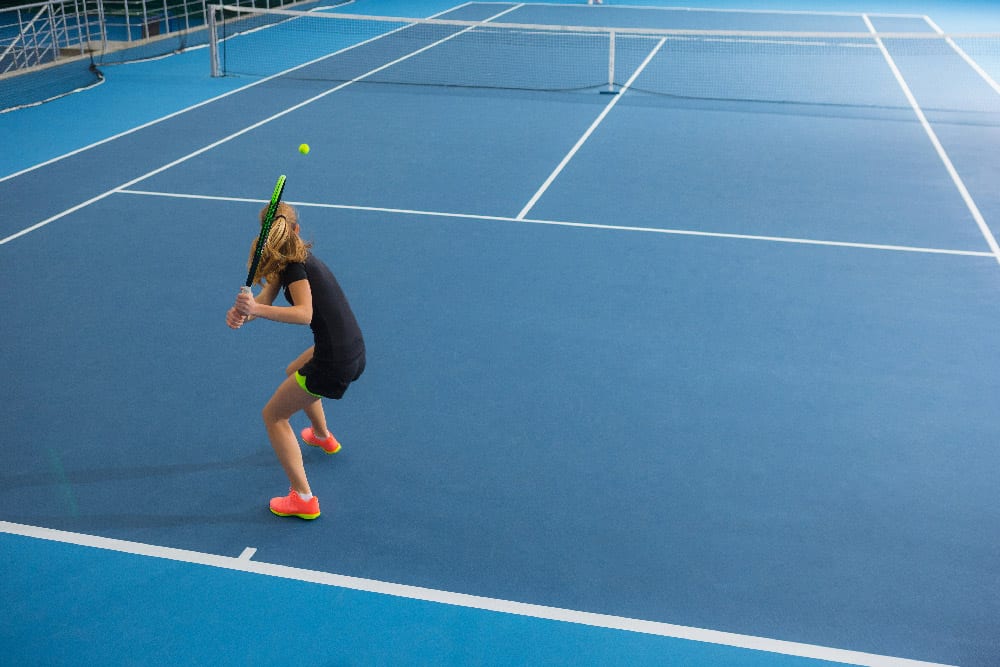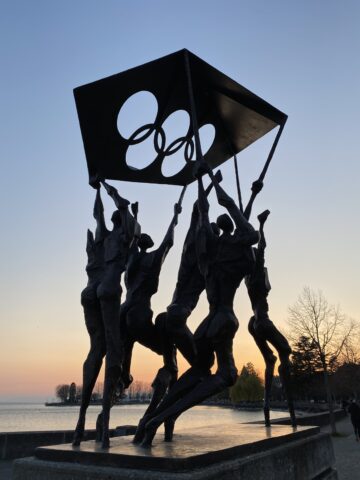Several extensions to issue the CAS award and impact on the arbitration agreement / the principle of celerity
4A_22/2023 of 16 May 2023 Civil law appeal against the award rendered by the CAS 2020/A/7616
By Dr. Despina Mavromati
In a tennis case linked to match-fixing, a professional tennis player was suspended for eight years for violations of the relevant integrity program of his international federation. The appeal to the CAS was filed in December 2020, a hearing was held one year later and the CAS panel issued its award in November 2022, after eight extensions of the time limit to issue the award under the CAS Code. In the subsequent challenge proceedings, the SFT exceptionally considered procedural elements subsequent to the issuance of the challenged award as they were pertinent to establish the player’s case (at 5).
The SFT held that an award rendered after the expiration of its mission is not void but voidable (at 6.1.2). As expected, the SFT held that the player could not rely on the subsequent amendment of the CAS Code (Art. R59) as said rules only applied to procedures initiated after 2022. To the extent that the parties had not revoked the mandate of the arbitrators, they were fully authorized to render their award so that there was no violation of Art. 190 (2) b PILA.

The SFT also found that there was no violation of the principle of celerity of the proceedings, after leaving the question open as to whether such principle indeed falls within the scope of procedural public policy: in the specific circumstances of the present case, the SFT considered its complexity and the various exchange of submissions as well as the fact that the player only raised an objection with respect to the delay of the proceedings after the seventh request for extension by the CAS panel.
The SFT concluded that, notwithstanding the length of the proceedings compared to other CAS cases, the duration of the proceedings was still reasonable for a case related to match fixing that required a more complex assessment.





